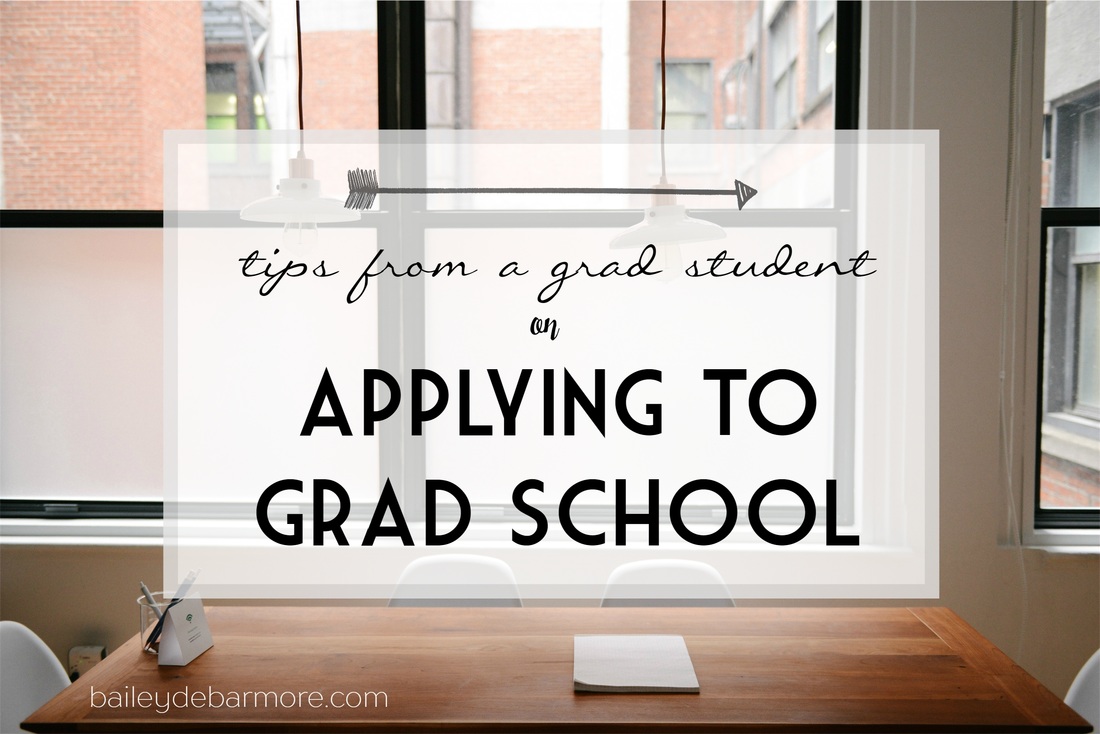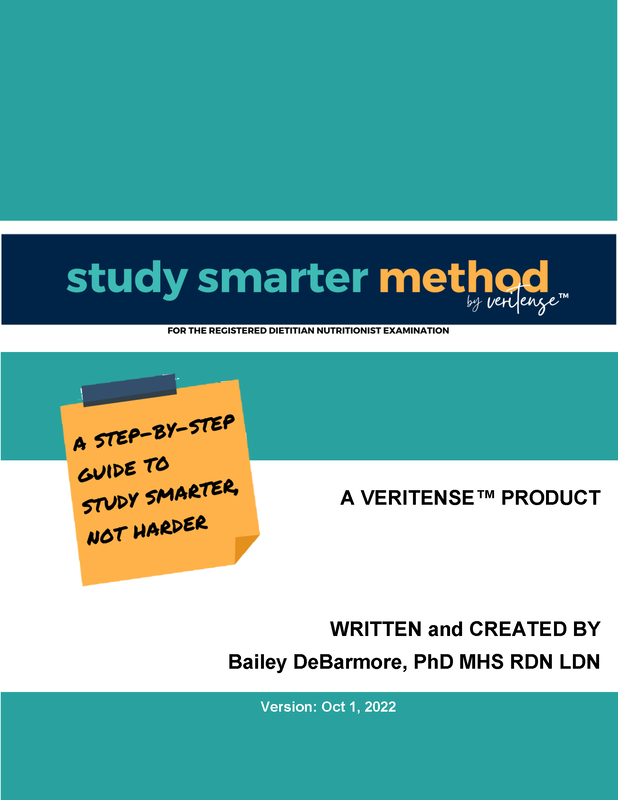|
Over the next decade or so, requirements will be phased in that require entry-level Registered Dietitian Nutritionists (RDNs) to obtain a graduate degree. Heading to graduate school fresh out of my dietetic internship fit my current plan, so that is what I did. Many new RDNs decide to work a few years and hone their interests before going back to school. At that point, there are a number of options such as part-time student/part-time RDN and also getting compensated for your education endeavors by your employer. But it's not just RDNs who go back to school! My goal with this article is to reach out to a general science/health-based audience looking at going to graduate school - whether you're headed back or graduating from your undergraduate program. Questions? Want to share your experience? Feel free to comment or contact me privately. 1) Talk to admissions officers I was applying to basic science programs because I thought that all MPH programs were public health - and I wasn't quite sure what public health encompassed. I was lucky enough to stumble upon a Masters program in clinical research at UVA, and called to chat with their director. In our conversation, she mentioned that there are a number of clinical research/clinical epidemiology programs around the country, and some are MHS and some are MPH. I would never have known this if I hadn’t picked up the phone and called her. Admission officers know other administrators and are saturated in the field - likely a new world for you. Finding them: Search the program website for contact information. You may find a general number or email - start there and introduce yourself in a sentence, explain what you are looking for, and ask to be directed to the right person. The Email: Once you get in touch with who you need to talk to, set up a time to talk over the phone. This serves as an informational interview for you to learn more, but I guarantee they will file something away about that meeting in case you apply. Be on your best behavior!
2) Be organized and start early Open up an Excel spreadsheet. Start a running list in the first few columns:
When you get a handful and think you have honed in a bit, go back through these programs to look at specifics.
As you go along, you will likely pare down your list. By completing the process in stages, you do not end up wasting time collecting specific information on universities you aren't as interested in. 3) Make an application schedule When are you going to fill out the online applications? What about writing those essays? If you are working or in school, you may find yourself short on time. My solution was driving straight to Starbucks most evenings, grabbing a coffee and a bagel and spending the next few hours there thumping out essays and filling out applications. If you are taking a year or summer off and have nothing in your days but applications, you should figure out a way to stay on track. Staying in bed all day is awful tempting compared to grad school applications. Head to the library or coffee shop to change up your surroundings, make a list so you have something to check-off…do something! 4) Pay close attention to essay prompts When I was applying to dietetic internships, I found I could write one cookie cutter essay, add a few sentences here and there specific to their program, and swap out some keywords. For graduate school they are looking for focus, passion, professional skills, and vision. Graduate school is a step above – not everyone goes on to do it! So ask yourself why you are, and then write about it. Within the word limit (which is usually much shorter than you may be used to!) Note the difference between a personal statement and a statement of purpose. Personal statements are more about who you are and what you have to offer. Statement of purpose is more about what you've done and how you can add research and academic value to their university. 5) Submit as early as possible Are some of the schools doing rolling admissions? Do some have later deadlines than others? Get your applications in as soon as possible keeping in mind your reach schools and preferred schools. Don’t trust technology to work the night before the deadline – it may let you down! And for rolling admissions – do you think it looks better for your app to come in a little early rather than right in the nick of time? Lastly, make sure to read the fine print around deadlines. Some schools will accept applications up until February, but if you get yours in by December, you'll be considered for scholarships and other funding. Bonus: Admitted Students Day / Visiting the School Scout out the website to see if they have open houses or if they prefer you schedule an interview. Many places have a formal process for you to request a visit, and they will pair you up with current students and professors for a great day.
Many programs also host Admitted Students Day in the Spring which is a great way to see the school on their best behavior, and to also meet potential classmates. Plus, at that point, you're already in! If you do visit, dress comfortably but professionally. Bring a pad of paper, business cards, and a pen. Questions? Leave me a comment or send me an email. Best of luck! Bailey
0 Comments
Your comment will be posted after it is approved.
Leave a Reply. |
a blog about health, wellness, nutrition, and fitness from an epidemiologist / dietitian with personal trainer experience
Stay up to date on productivity tips and active learning techniques
Like what you read?
categories
All
|



_250px.png)



 RSS Feed
RSS Feed
